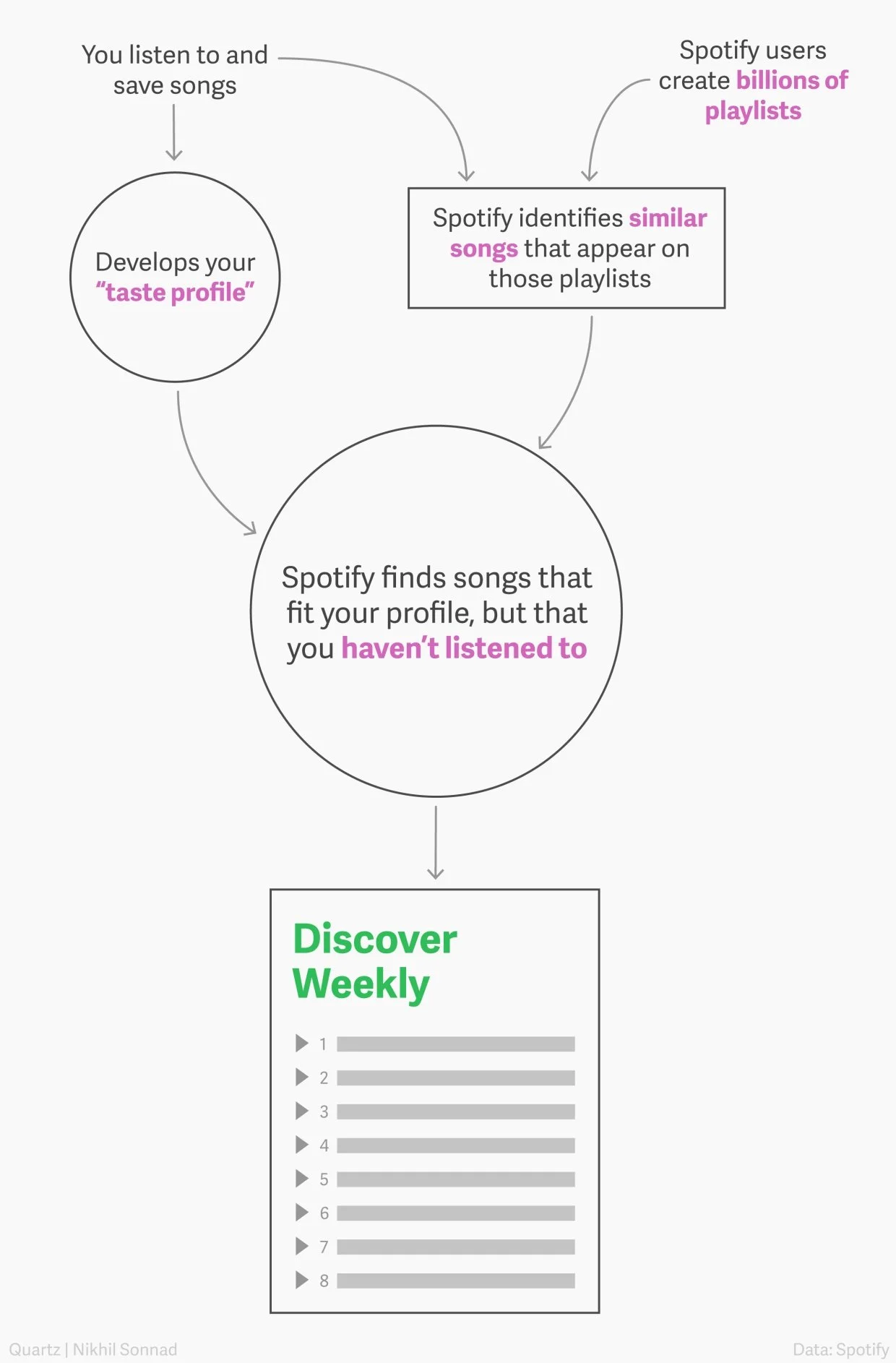Just For You: About Customisation and Personalisation
Can’t get enough of the online content you swipe through each day? That’s personalisation at work - the act of tailoring pre-existing services or products to consumers. Fancy something uniquely yours created just for you? Customisation is the way to go. Today, as brands tap upon consumers as sources of data to create products or services that delight them, customisation and personalisation are 2 important aspects of marketing which we should explore.
Both customisation and personalisation provide consumers with a unique experience that makes them feel special. Consumers appreciate feeling valued and listened to, and tailoring content to them provides brands with an avenue to allow them to feel good. The internet and technology has democratised creation. As more and more consumers become creators with the ability to access knowledge and information online, brands need to step up more than ever to meet their demands for products that suit their specific tastes. Let’s dive deeper into customisation and personalisation.
Customisation
Customisation entails the creation of something meant just for consumers. With customisation, the consumer’s active input is required and the power to set the parameters for a product lies in their hands. Customisation provides consumers with the most amount of choice - letting them consciously decide and handpick elements which they like to create a product of their dreams.
Here are some examples of customisation at work:
Nike Custom Shoes and Shirts: Nike By You
Consumers can co-create their own quirky shoes with the Nike By You feature on their website. After selecting a shoe design of their choice, those interested in spicing things up can change up the colours and materials of each aspect of their shoe. In Myeongdong in Seoul, one can also create their own t-shirt with the elements provided in-store by Nike.
Laneige Custom Foundation: Bespoke Service
In 2021, Amorepacific launched a custom foundation option in Seoul for their consumers with over 100 shades to choose from. Now known as the Bespoke Neo Matte, interested consumers can head over to their website to book a ‘Bespoke Service’ through which they will be able to test out various foundation shades with the help of the staff as well as purchase a foundation that is uniquely theirs.
Uniqlo Custom Tote Bags and T-Shirts: UTme!
From photos to images and text, consumers can choose how to design their own t-shirts and tote bags in store or online. You can also upload your own photos for a truly one-of-a-kind product.
Personalisation
Personalisation differs from customisation by working off something that already exists instead of creating something from scratch. Personalisation is often not a user-made decision and requires no conscious input from the consumer. Instead, personalisation relies more on algorithms and data collected in order to tailor experiences for users. Let’s take a look at some examples we’re probably already familiar with.
Social Media
Think TikTok, Instagram, Youtube and Facebook. Among many other social platforms, these are some which utilise user data to create suggested content and advertising. Search for a new topic not usually on your social media feed and you’ll soon enough notice that you’re getting endless new suggestions on videos or photos related to that search. Hop onto Google to look for a product or service and soon you’ll be bombarded by related advertisements tempting you every time you swipe online.
Garmin
Garmin’s sport watches personalise user goals by calibrating new step count targets based on recent data from each user. For example, should a user’s average step count for a certain week be lower than usual, a lowered average step count is automatically calibrated to make a new step goal that the user will be able to meet more feasibly. Stride length which influences the number of steps a user is counted to have taken is also automatically calibrated, and a user’s sleeping hours can be adjusted as well.
Spotify
Love discovering new songs and finding those that are somehow just perfect for you? That’s Spotify’s algorithm at work. Spotify analyses the listening habits of millions of users to figure out what songs to recommend you in your Discover Weekly playlist, providing you with a personalised mix of songs you’ll love.
Customisation and personalisation are two elements which come together to create amazing customer experiences. BCD understands and values the art of creating unique experiences for our clients, who come to us with their own distinct sets of hopes and dreams. If you’d love to learn how to provide excellent service and meet diverse needs, don’t hesitate to reach out. At BCD, our focus is YOU.

